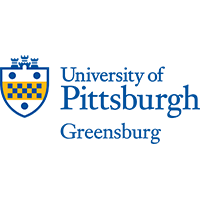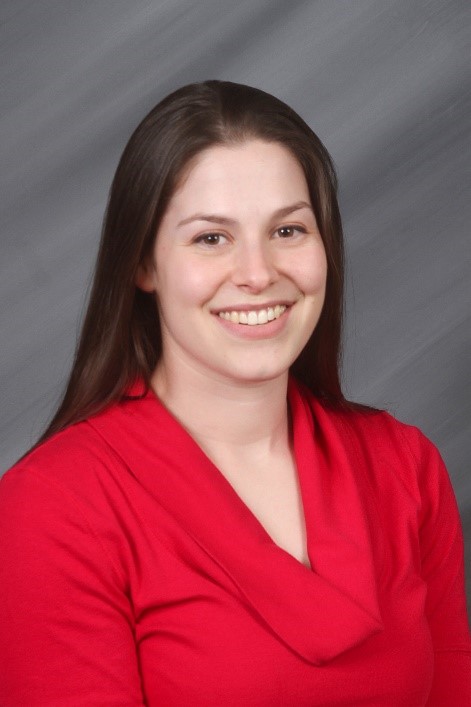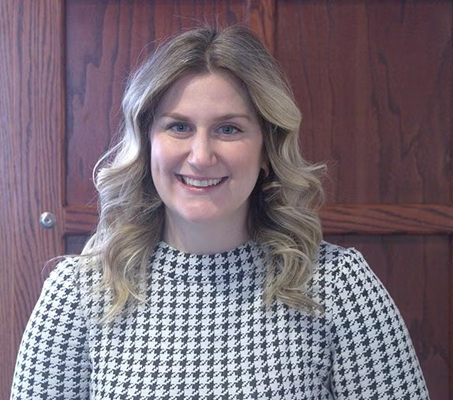Below is a summary of the abstract you submitted. Presenting author(s) is shown in bold.
If any changes need to be made, you can modify the abstract or change the authors.
You can also download a .docx version of this abstract.
If there are any problems, please email Dan at dar78@pitt.edu and he'll take care of them!
This abstract was last modified on May 15, 2025 at 12:48 p.m..

The SEA-PHAGES program has been adapted at the University of Pittsburgh at Greensburg to align with our smaller, student-centered approach to coursework and research. Our primary faculty lead has established the program at two different institutions, both of which are 4-year undergraduate teaching colleges and has brought valuable insight to our unique adaptation. A few key aspects that were central at both institutions included expecting students to develop data management, presentation and leadership skills. The strengths of our program all share one key idea: there’s no single right way to teach PHAGES. Instead, our ideas revolve around finding creative ways to make it all work despite the lack of multiple faculty members, lab sections, prep staff, or graduate students. This includes making time within the semester to have the students observe the TEM images, participate in Phage Olympics, and engage in a wet-lab experience during the bioinformatics course. Ultimately, this flexible and student-centered approach has created a learning environment where students not only gain hands-on research in Phage Discovery and Bioinformatics but also develop essential skills that prepare them for success in academic and professional settings.
In the Phage Discovery course, collaboration with UMBC for TEM imaging and a 30-min Phage Olympics, created a sense of community among students, even if some groups faced challenges with their phage samples. Because not all the students in the bioinformatics course completed the Phage Hunters portion, it was clear that incorporating at minimum one week of wet-lab experience was essential. These minor additions resulted in a major impact on the student experience.
To successfully implement the program, we were required to use undergraduate teaching assistants, laboratory assistants and work-study students. An informal mentoring program was established to allow the faculty, and other more experienced students guide and train newer students. This creates a constant flow of knowledge throughout the lab, fosters a sense of collaboration, and models the teamwork found in research labs. Some of the most highly motivated assistants become directed or independent study students that are able to tackle more advanced phage experiments. This year, we leveraged these directed study students to continue exploring their hypotheses beyond Phage Discovery, including host range and lysogeny projects. Surprisingly, the students are now channeling their interest in phages to new research directions by collaborating with peers investigating other research topics across campus. These takeaways highlight the flexibility of the SEA-PHAGES framework and its adaptability to the needs of various universities.


